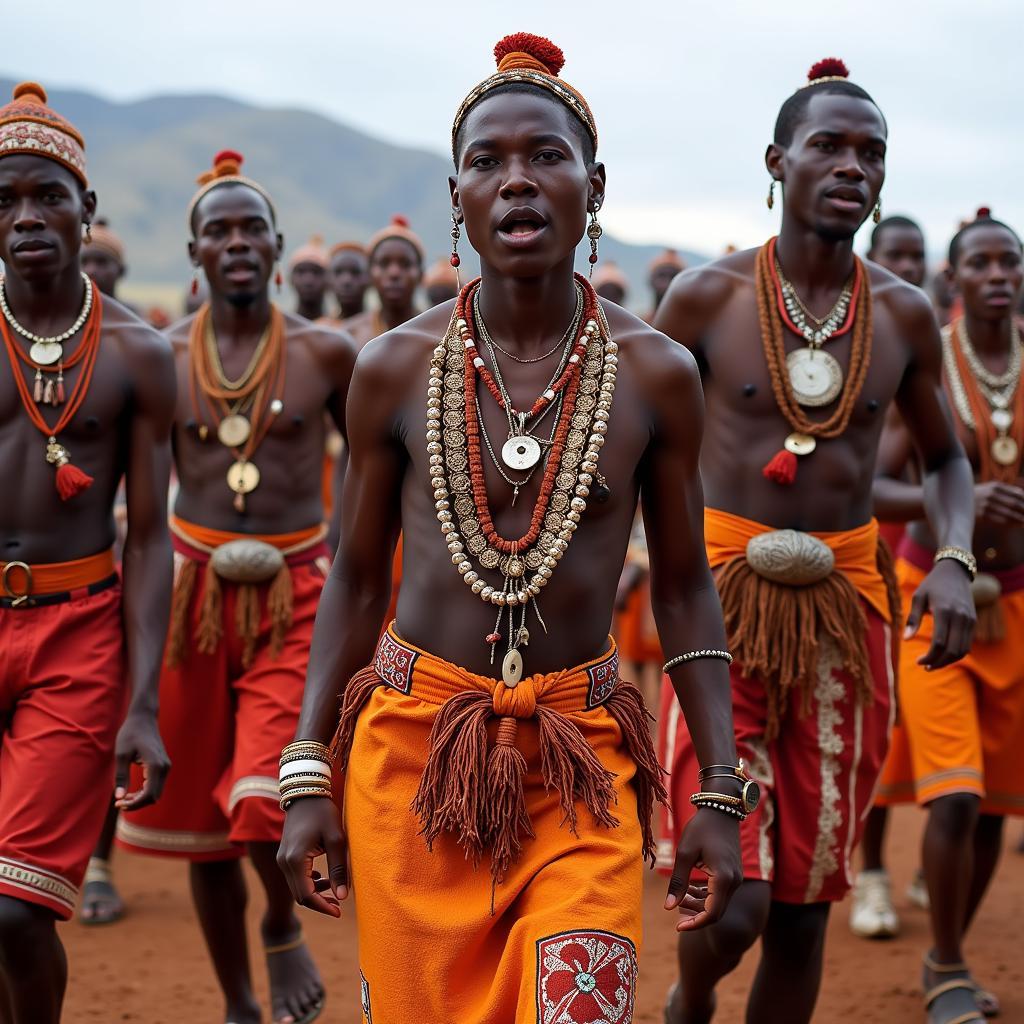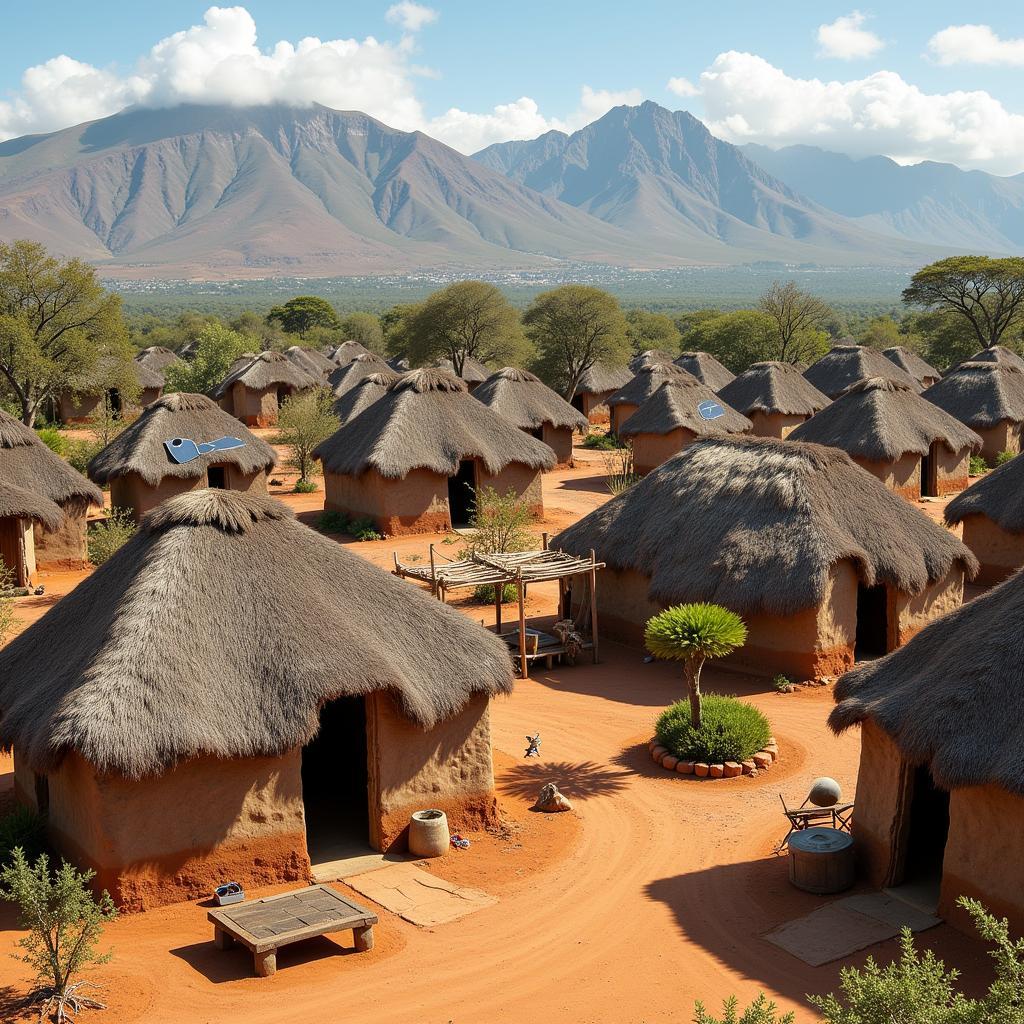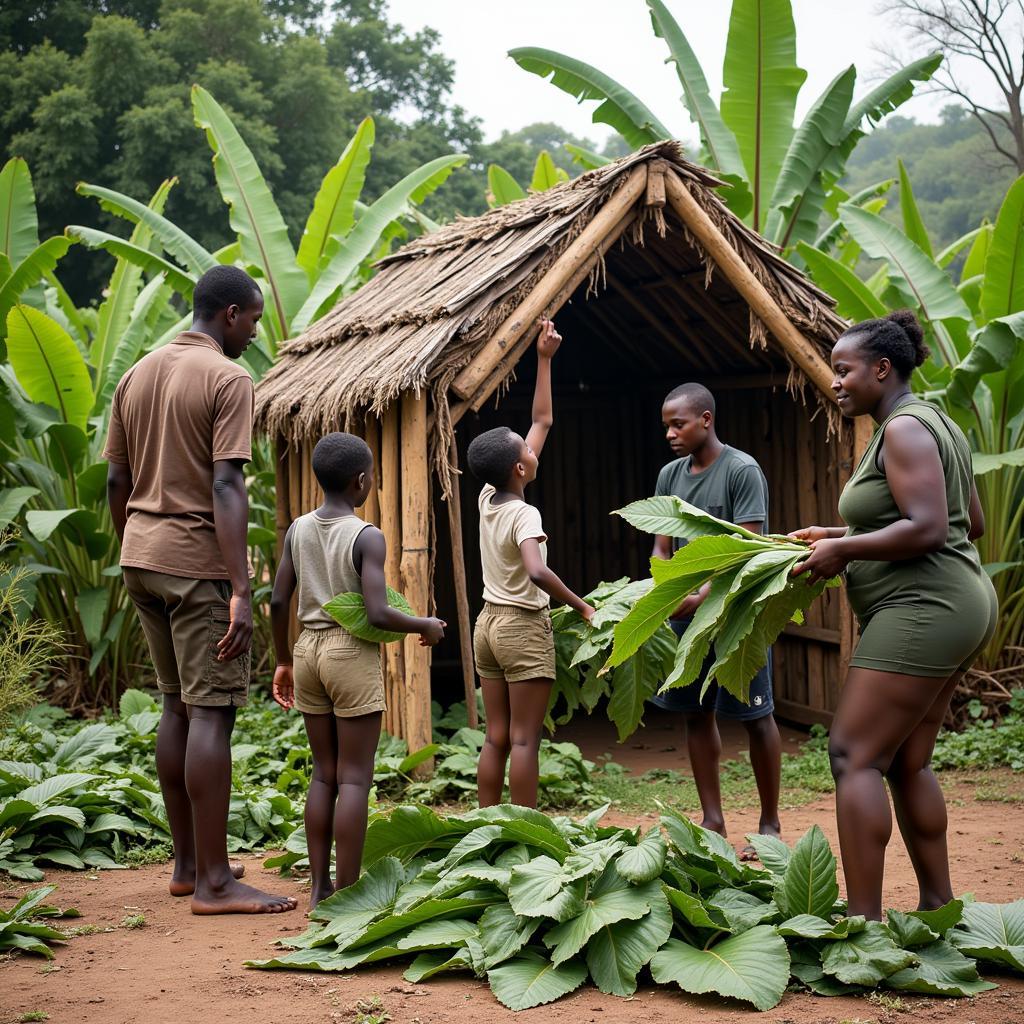All About South African Tribal People
South African tribal people represent a rich tapestry of cultures, languages, and traditions that have thrived for centuries in the southern region of Africa. While the term “tribe” is considered outdated and even offensive by some, it is still widely used in South Africa to refer to distinct ethnic groups with shared ancestry, language, and cultural practices. This article delves into the history, cultural diversity, and contemporary challenges faced by South African tribal people, offering a glimpse into their vibrant heritage.
A Diverse Tapestry: Exploring the Major Tribes of South Africa
South Africa is home to a multitude of tribes, each with its unique history, language, and cultural expressions. The Zulu, with their warrior traditions and intricate beadwork, constitute the largest ethnic group in the country. The Xhosa, known for their distinctive click consonants and beautiful beadwork, played a significant role in the struggle against apartheid. The Sotho, renowned for their equestrian skills and colorful blankets, have a rich history of storytelling and traditional medicine. Other prominent tribes include the Tswana, Venda, Tsonga, Ndebele, and Swazi, each contributing to the kaleidoscope of cultures that define South Africa.
A Glimpse into Tribal Life: Customs, Traditions, and Beliefs
Traditional life for South African tribal people revolves around a strong sense of community, respect for elders, and a deep connection to the land. Ancestral spirits are revered and believed to influence daily life, with rituals and ceremonies performed to appease them and seek guidance. Music and dance are integral parts of tribal culture, often accompanying storytelling, celebrations, and rituals. From the energetic Zulu Indlamu dance to the rhythmic drumming and chanting of the Xhosa, these art forms transmit cultural knowledge and foster a sense of belonging.
 Xhosa tribe members performing a traditional dance
Xhosa tribe members performing a traditional dance
One unique aspect of some South African tribal cultures is the practice of lobola, a customary bride price paid by the groom’s family to the bride’s family. While often misinterpreted as a purchase of the bride, lobola serves to strengthen family ties, demonstrate the groom’s commitment, and compensate the bride’s family for the loss of her labor. However, the practice has evolved over time and is subject to debate in contemporary South Africa.
Tribal People in Modern South Africa: Challenges and Resilience
The transition to a modern, democratic South Africa has brought about both opportunities and challenges for tribal people. While apartheid policies aimed to disenfranchise and displace indigenous communities, the post-apartheid era has seen efforts to recognize and preserve indigenous languages and cultures. However, tribal people continue to face socio-economic challenges, including poverty, unemployment, and limited access to education and healthcare.
 A modern-day village of a South African tribe
A modern-day village of a South African tribe
Despite these challenges, South African tribal people have shown remarkable resilience and adaptability. Many are actively engaged in preserving their cultural heritage while seeking to improve their livelihoods. The tourism industry, for instance, offers opportunities to share their culture with the world and generate income. Moreover, tribal leaders and organizations are advocating for greater recognition of land rights, economic empowerment, and access to essential services.
The Future of Tribal Cultures: Preservation and Progress
The future of South African tribal people hinges on striking a delicate balance between preserving their rich cultural heritage and adapting to the realities of a globalized world. It requires continued efforts from both the government and tribal communities to address socio-economic disparities, promote cultural understanding, and ensure the transmission of indigenous knowledge and traditions to future generations.
As South Africa progresses, it is crucial to recognize and celebrate the invaluable contributions of its tribal people. Their resilience, cultural richness, and enduring connection to the land serve as a testament to the enduring spirit of Africa.
